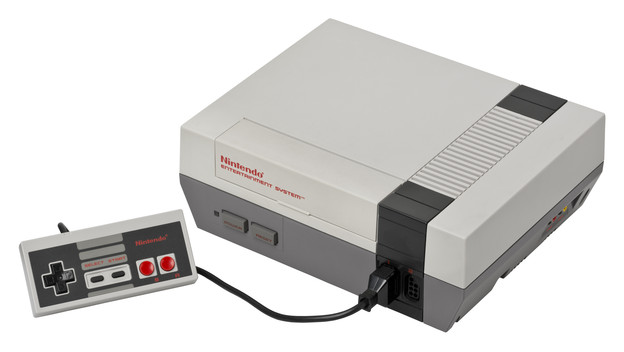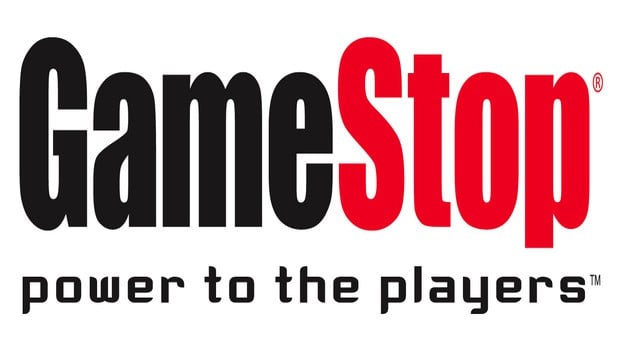We recently reported that GameStop was going to start accepting trade ins of retro gaming consoles. This also means that they are going to start selling used consoles and games from the retro era as well. On one hand, this turns GameStop into a one stop shop for all your retro gaming needs, and a lot of retro gaming fans are happy about that. On the other hand, this severely changes the landscape of retro gaming, and will change the way collectors end up collecting retro games. Whether or not this will harm the retro gaming scene in the long run will largely be up to how GameStop implements these sales, but for now I forsee a lot of possible problems.
Let’s look at the landscape right now. As a retro game collector, my promised land is eBay. I can go there and get an NES for as low as $20 or as high as $200. Different NES systems come with varying degrees of quality. Some have brand new pins in them, making them play games more reliably. Some are modded for HDMI output. Some have four controller ports. Some have custom cases. It’s an incredible market out there with a lot of possibilities.
The same holds true for classic NES carts. A lot of them are simply old classic carts, but then there are custom carts that hold multiple games, new games made in only the past few years, and plenty of old restored carts that also have a new set of pins.
If eBay isn’t working out for you, then you can head to your local flea market. There you can pick up game collections in bulk from people who have absolutely no idea what they are worth. You can pick up systems dirt cheap and restore them yourself. You can find controllers, peripherals, and gadgets galore.
In my experience with the retro gaming scene, everything has always been on the up and up. When I pay someone to restore my system, they always do a good job. When I purchase a new used game, it always works.
But GameStop’s business practices might throw a wrench into these works. First of all, GameStop will normalize prices for their retro gaming consoles. They likely won’t mod their systems, and while they say they will refurbish their systems, I have encountered several more dud refurbished controllers and systems purchased from GameStop than I have from random sellers in the retro gaming scene.
Normalizing prices will affect the third party eBay marketplace. Now you can’t search for deals anymore. For that matter, normalizing prices may make it hard for modders to financially afford modding retro consoles. If the price rises, people will likely pay less for already expensive modded systems, which reduces the amount of interesting available products online as well.
Normalizing prices will also make it less likely that you will find random deals at flea markets, too. Now, game sellers will be able to see exactly how much their games are worth. This, in turn, will lead to smarter prices, which of course leads to fewer people actually frequenting flea markets and reduced sales because of it.
This is all because the market will shift from a collector’s market to a seller’s market. A collector’s market is all about finding the right price for the right buyer. Not everyone will want to get into the retro gaming scene, but those that do will want to get the right bang for their buck. There is a lot of haggling that goes on in the retro scene right now, as collectors try to push down prices and sellers worry that they won’t find buyers.
But now there is always a buyer: GameStop. People who are looking to get rid of their consoles will now sell them at ludicrously low prices, and GameStop will raise the prices of these consoles to make a profit. This lowers the amount of haggling capability that buyers have. Eventually we will likely have to settle for GameStop’s prices, which will likely be far higher than we are used to now.

As it stands, the current market for used games allows both buyers and sellers to get the most out of their purchases. Sellers will get more money than they would have anywhere else and buyers will get their consoles and games at a cheap price. But when GameStop enters the market as a middleman, both parties will likely lose. Consoles will be bought low and sold high, and we will simply deal with it because GameStop is the only brick and mortar gaming store in town.
What do you think? Is GameStop’s entrance into the retro market good or bad? Let us know in the comments.
